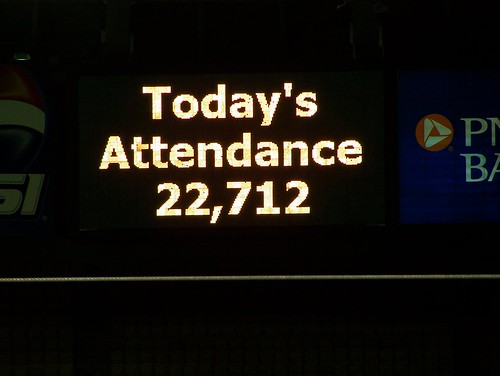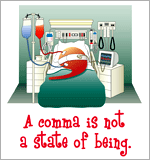 Maybe; could have been; I’m not sure. His view of ethics is sometimes, well . . . . . you decide. In his colorful way, Mark Twain’s Huckleberry Finn said:
Maybe; could have been; I’m not sure. His view of ethics is sometimes, well . . . . . you decide. In his colorful way, Mark Twain’s Huckleberry Finn said:“What’s the use you learning to do right when it’s troublesome to do right and ain’t no trouble to do wrong, and the wages is just the same? I was stuck. I couldn't answer that. So I reckoned I wouldn't bother no more about it, but after this always do whichever come handiest at the time.”
Does that sound like situational ethics? Remember at the time he voiced the above [Chapter 16] he was faced with the following – whether to turn Jim, the runaway slave and also his friend, into the two men looking for Jim and other runaways, or help Jim escape out of slavery which was breaking the law. Thus, Huck was trapped in a difficult moral dilemma. After a great deal of reasoning, Huck realized he would feel worse if he turned Jim into the authorities and decides it would be best to let him escape. Huck comes across as unbiased and open-minded as he continually questions his own motivation and life in general throughout the book. He does have a strong sense of right and wrong and often acts out of moral conviction. Could he be neutral and impartial though? Does he see himself as a change agent or rebel?
Florida’s Rules for Certified and Court-Appointed Mediators, Rule 10.200 Scope and Purpose provides:
“These Rules provide ethical standards of conduct for certified and court-appointed mediators. They are intended to both guide mediators in the performance of their services and instill public confidence in the mediation process. The public’s use, understanding, and satisfaction with mediation can only be achieved if mediators embrace the highest ethical principles. Whether the parties involved in a mediation choose to resolve their dispute is secondary in importance to whether the mediator conducts the mediation in accordance with these ethical standards.” [Emphasis added.]
What do you think Huck would do to resolve an ethical, as opposed to a moral, dilemma – would he do the right thing if he were a mediator?
To email me, click Perry S. Itkin.














